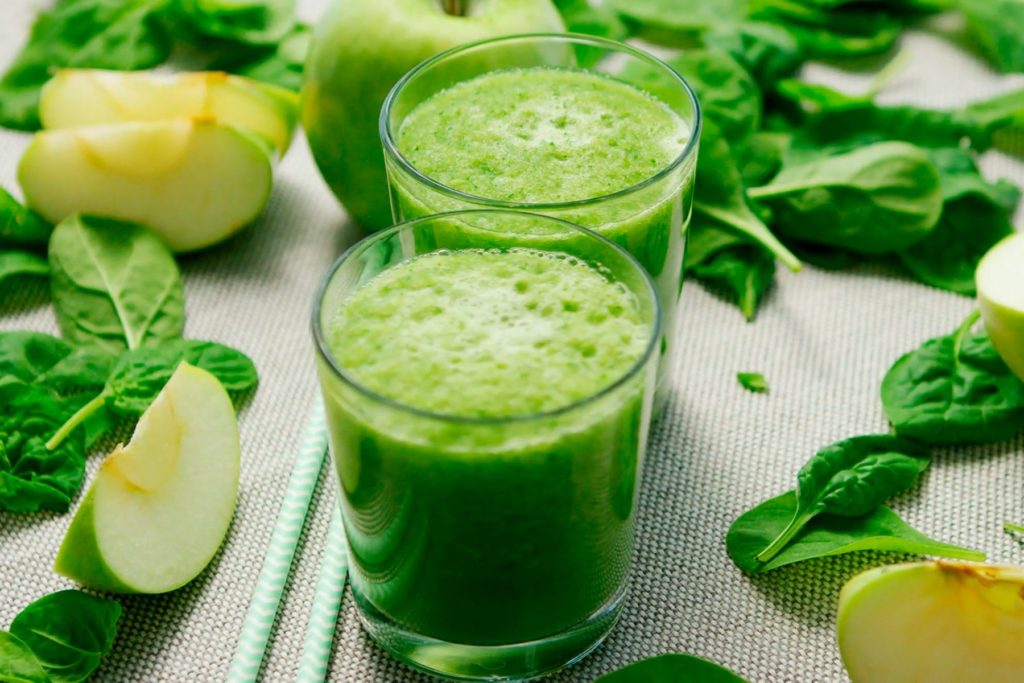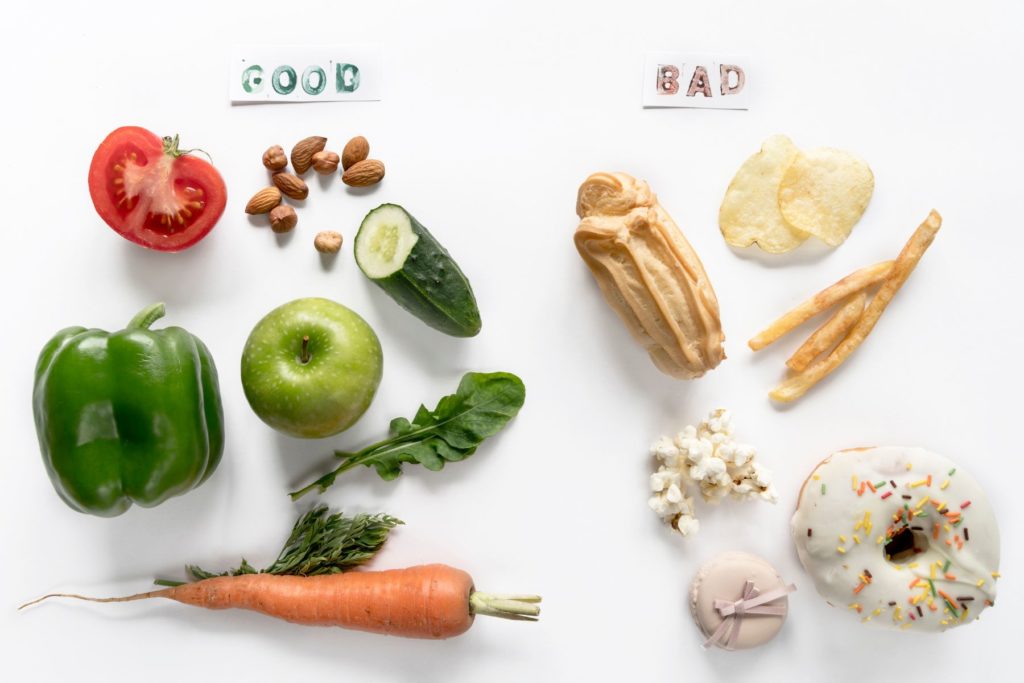Why Clean Eating is NOT Actually Healthy
October 31, 2022

When you hear “clean eating”, does it procure images of green juices, spinach salads, or organic smoothie bowls in your head? Either way, “clean eating” is probably not a new or unfamiliar term for you. Despite being news of the past, this seemingly innocent term persistently circulates the internet, social media, and our social circles.
What even is clean eating? Is it a healthy way to eat? Let’s unpack this popular trend and discuss why dietitians urge you to block out the noise.
Clean Eating is Somewhat Subjective
When you search clean eating on the internet, you will find hundreds of blog posts on the topic. These posts often share lists of “allowed” foods among other rules to follow. Interestingly, these lists and rules tend to vary depending on who you ask. For some, clean eating means focusing on eating more whole foods and less processed foods. For others, it is avoiding anything that comes in a package. Additional definitions include eating only organic or perhaps avoiding specific ingredients or even whole food groups like dairy and grains.
In general, there is no clear definition for clean eating. Not to mention, most of the”rules” are unrealistic and highly restrictive. Ultimately, it’s just another diet.
Food Isn’t “Dirty”, “Good”, or “Bad”
The term clean eating itself implies that some foods are “dirty” or “unclean”. Which can be true…if your carrots still have some dirt on them or if you’ve dropped your food on the floor. Essentially, this diet classifies foods as good and bad, something we know is a dangerous path to go down.
Giving your food morals in this way can create a lot of stress and guilt around eating. When eating a “bad” or “dirty” food you may feel guilty or bad yourself for eating it. Further, restricting certain foods often has the opposite effect of what we hope for. When we can’t have something we crave it more, increasing the likelihood that we will binge on these foods when we do eat them. However, the truth is that all foods fit and can be enjoyed in moderation without guilt.

It May Damage Your Relationship with Food
In general, diets tend to involve many food rules whether that be foods that are restricted or behaviours around eating. In particular, clean eating has been associated with the development of orthorexia. Orthorexia is an eating disorder that involves obsession with following one’s definition of “healthy” eating. Often, these individuals are hyperfocused on ingredients and avoiding certain foods or food groups. Like we discussed previously, labeling foods, restricting foods, and having food rules can create a lot of stress and guilt around food and eating, damaging your relationship with food.
It May Have Lifelong Health Impacts
Ultimately, all restrictive eating behaviours can negatively impact your health. When cutting out foods or food groups, you are likely not eating enough to properly fuel your body. In addition, variety truly is the spice of life. All foods, even packaged foods, contain different vitamins, minerals, and fibre. Eating a varied diet ensures we get all of these important nutrients that allow us to function. Without a proper diet that includes enough, and a variety of foods, we may see lasting impacts to our bones, hormones, digestion, heart health, fertility and more.

It is Not Sustainable or Necessary
We all have busy lives. Some of us work, go to school, volunteer, have kids, have hobbies…or all of the above and more! Restricting yourself to a clean eating diet is likely not going to fit your lifestyle long-term.
Processed foods can be a lifesaver when it comes to packing a quick lunch or throwing together supper on a busy Thursday night. Processed foods can be convenient, inexpensive and healthy options. Not to mention that technically most foods, even “healthy” foods, have been “processed” to some degree…think premade bagged salads, canned veggies, cheese, and even roasted nuts.
Restricting foods and whole food groups can lead to social restrictions and isolation. Food is often the centre of social gatherings. It brings us together and is something to be enjoyed. When following a clean eating diet, you may feel unable to go out for dinner with friends, attend festive gatherings, and enjoy Friday treats at the office with co-workers which can be isolating and lonely.
Finally, choosing to only eat only organic may limit your options even more depending on availability at your local grocery store or market. In addition, as many of us know, organic food is typically much more expensive which may not be feasible for most.

Key Takeaways
All in all, clean eating is just another fad diet. You do not need to restrict foods or food groups, avoid processed foods, or only eat organic. In fact, the opposite tends to be much healthier for both your mind and your body.
All food CAN be enjoyed in moderation without stress or guilt. If you are looking for support on your food freedom journey, consider booking in with one of our non-diet dietitians HERE.
[…] They set tough diet rules, cutting out whole food groups (such as sugar or carbohydrates) or only eating “clean” foods. […]